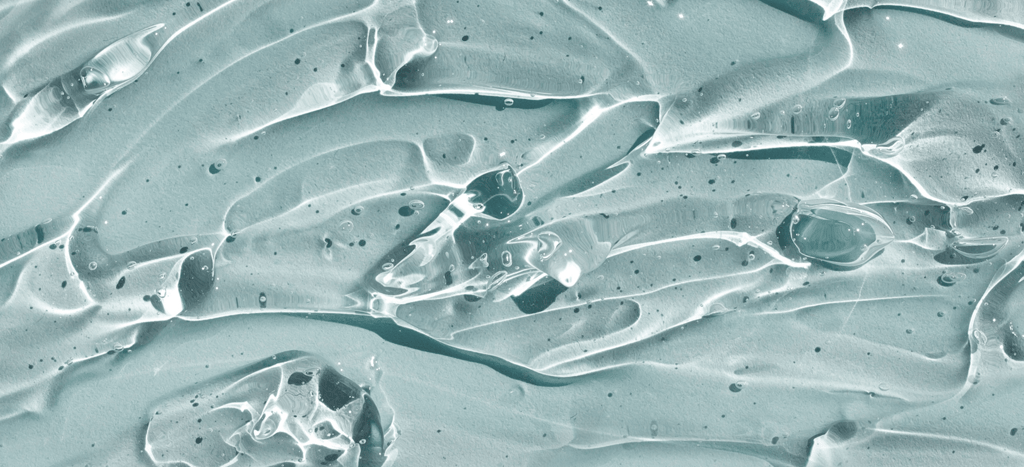The Science of Beauty Sleep: How Sleep Transforms Your Skin
Discover why quality sleep is essential for skin repair, regeneration, and achieving a healthy, radiant glow.


When it comes to achieving radiant skin, sleep is one of the most powerful tools at your disposal. Often referred to as “beauty sleep”, it’s more than just a saying—science confirms that quality sleep is essential for maintaining healthy, glowing skin.
During sleep, your body enters repair mode. Growth hormones are released, which help rebuild collagen and repair damage caused by environmental stressors such as UV exposure and pollution. Collagen is a key protein responsible for keeping your skin firm and elastic, reducing the appearance of fine lines and wrinkles. Without enough sleep, your skin can lose its plumpness and resilience over time.
Additionally, sleep regulates the production of cortisol, a stress hormone. Elevated cortisol levels from lack of sleep can lead to inflammation, which exacerbates skin conditions like acne, eczema, and psoriasis. Chronic inflammation also accelerates the breakdown of collagen and elastin, contributing to premature aging.
Another critical benefit of sleep is its ability to enhance blood flow to the skin. While you rest, your skin receives a boost in oxygen and nutrients, promoting a natural glow and even complexion. Conversely, poor sleep can result in dullness, puffiness, and dark circles under the eyes.
To maximize the benefits of beauty sleep, aim for 7-9 hours of quality rest each night. Establishing a consistent sleep routine is crucial. Go to bed and wake up at the same time daily, even on weekends. Create a relaxing bedtime environment by keeping your bedroom cool, dark, and quiet. Avoid screens for at least an hour before bed, as blue light can disrupt your body’s natural sleep-wake cycle.
You can also support your sleep through diet. Foods rich in magnesium, such as almonds and spinach, can help relax your muscles and nervous system. Herbal teas like chamomile or valerian root may also promote relaxation and improve sleep quality.
Lastly, consider your skincare routine before bed. Cleanse your face to remove makeup and impurities, then apply hydrating products like serums or moisturizers to support your skin’s overnight repair process. Your skin absorbs products more effectively during sleep, making this the ideal time to nourish it.
Getting quality sleep isn’t just about feeling rested—it’s about giving your skin the chance to heal, renew, and thrive. Prioritizing sleep is one of the simplest yet most effective ways to achieve radiant, youthful skin.
Reflection Task:
For the next week, focus on improving your sleep quality. Track how many hours of sleep you get each night, along with any changes in your bedtime routine, such as avoiding screens or adding relaxing habits like reading or meditating. At the end of the week, take note of how your skin looks and feels. Do you notice less puffiness, more glow, or a reduction in blemishes? Use these observations to build a long-term sleep routine that benefits both your skin and overall health.
